Bearing the Cross
The Rev. Daniel Berrigan, whose funeral was held Friday in New York, exemplified the radical call of the Christian Gospels to defy the laws of the state for the laws of God. If we seek salvation, for our nation and for ourselves, we must find his courage and his faith.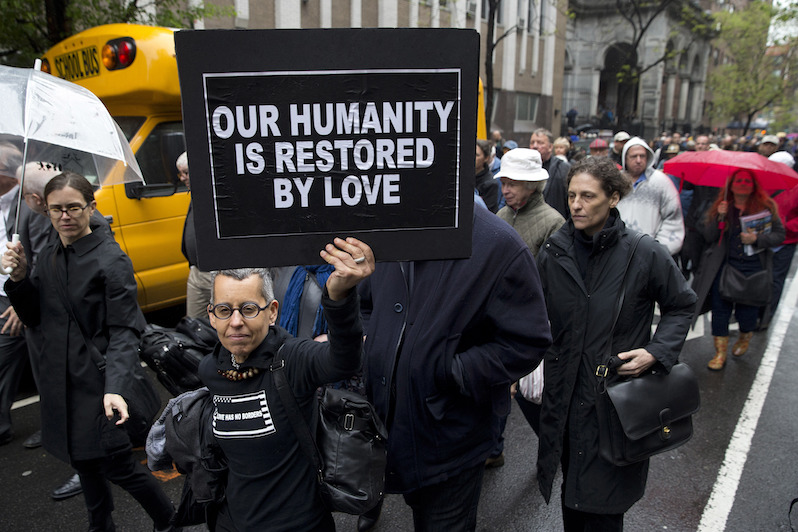 1
2
1
2
“Daniel and Phil exposed the historical alliance of religious leaders who colluded with structures of domination,” said Kelly, who has spent more than a decade in prison for acts of nonviolent protest.
“The imperial power of Pax Romana ran aground on the shoals of Christian steadfastness,” he went on. “But through the centuries the circle of outcasts and martyrs dissembled. They gained ascendancy to the power they were meant to resist. Daniel and Phil untied, illegally, those held in power’s captivity. They risked retaliation. They touched the idol of the state.”
Dan, who went underground for four months after burning the draft files, was on the FBI’s most-wanted list—the first Catholic priest in the country to hold that distinction. But he and his small circle of activists pushed the clergy—including my father—out of their pulpits and into the streets to denounce the Vietnam War, especially after Dan founded Clergy and Laity Concerned about Vietnam in 1965 with Rabbi Abraham Heschel. He traveled to North Vietnam with Howard Zinn in 1968 on a peace mission and returned home with three U.S. Air Force personnel who had been held prisoner. He and Zinn made the men promise they would no longer take part in the war. Dan spent time with church communities working with the poor in Latin America. He visited, unnoticed, the activists at Manhattan’s Zuccotti Park during the Occupy Wall Street movement and walked through the crowd, giving his silent blessing.
“This is the worst time of my long life,” he said when I interviewed him for The Nation magazine a few years ago. “I have never had such meager expectations of the system. I find those expectations verified in the paucity and shallowness every day I live.”
Yet he refused to despair. The cross, he knew, is carried even in the face of inevitable failure. This is the absurdity of faith. Martin Luther King Jr. repeatedly made reference to this reality of Christian life, saying, “When I took up the cross I recognized it’s meaning … The cross is something that you bear, and ultimately you die on.”
Dan’s worldly possessions, including his small collection of threadbare clothes, could barely fill two suitcases. He was as opposed to abortion as he was to the death penalty, a stance that did not always endear him to many left-wing activists. He denounced the violence employed by the left during the Vietnam War, especially the Weather Underground, writing, “No principle is worth the sacrificing of a single human being.” He knew the poison of violence. He saw no hope in the farce of managed electoral politics, quoting Emma Goldman, who said, “If voting was that effective it would be illegal.” He feared dark and disastrous times, especially as we savaged the environment, and he told me that all we may have left is the “Eucharist and each other.”
Reinhold Niebuhr, a theologian whose words are misinterpreted and misused by conservatives and the powerful, including Barack Obama, wrote about the importance of being a “Christian realist.” No one defined this concept more than Dan. He saw the world for what it was. He had no illusions about it. He understood the power of evil. He knew how seductive it was. As a solitary individual, he could accomplish nothing without community. His duty was to bear the cross, even if it did not make sense, even if it did not seem to make a difference. He was sustained by others and majestically sustained those around him.
Dan provided, for me, the most cogent definition of religious faith.
“The good is to be done because it is good, not because it goes somewhere,” he told me. “I believe if it is done in that spirit it will go somewhere, but I don’t know where. I don’t think the Bible grants us to know where goodness goes, what direction, what force. I have never been seriously interested in the outcome. I was interested in trying to do it humanely and carefully and nonviolently and let it go.”
A bagpiper played as Dan’s casket was loaded into the back of a silver and black hearse outside the basilica. Hundreds of mourners, their cheeks streaked by rain and tears, filled the street. I stood on the steps.
It was a few blocks from here, at the shrine of the Church of St. Anthony of Padua, that Dan baptized my youngest daughter five years ago. He cradled her in his arms and spoke of faith as resistance. He reminisced about marching in Selma with Dr. King. He asked us to each say out loud what qualities we hoped my daughter would possess. Dan said he wished for “a sense of humor.”
The hearse moved slowly down the vacant street. A man held his fist in the air. Some in the crowd sang a hymn. When the hearse reached the end of the street, its luminous red tail light began to blink on and off in the drizzle, signaling a right turn. Then it was gone.
A change is coming. I can feel it.
Your support matters…
SUPPORT TRUTHDIG
Independent journalism is under threat and overshadowed by heavily funded mainstream media.
You can help level the playing field. Become a member.
Your tax-deductible contribution keeps us digging beneath the headlines to give you thought-provoking, investigative reporting and analysis that unearths what's really happening- without compromise.
Give today to support our courageous, independent journalists.
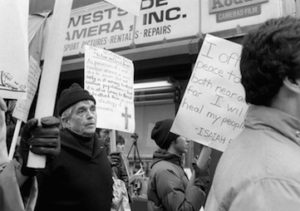
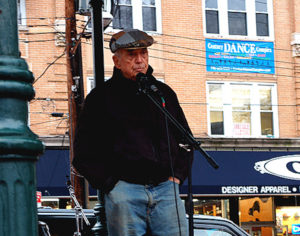
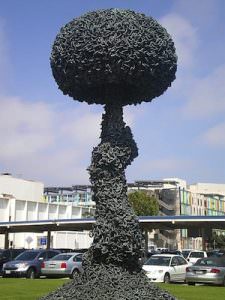
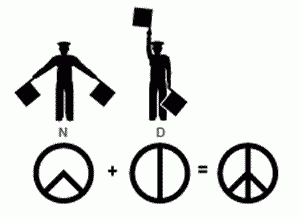
You need to be a supporter to comment.
There are currently no responses to this article.
Be the first to respond.